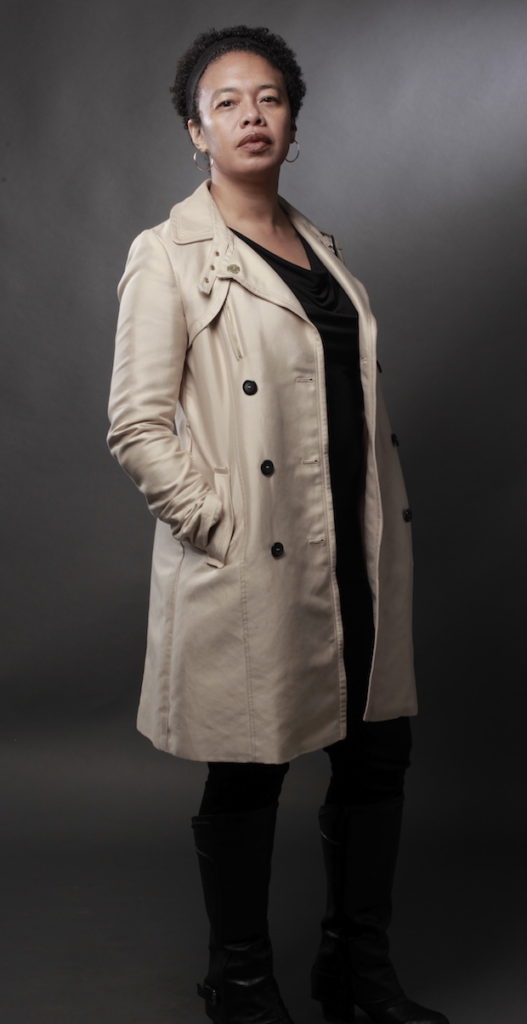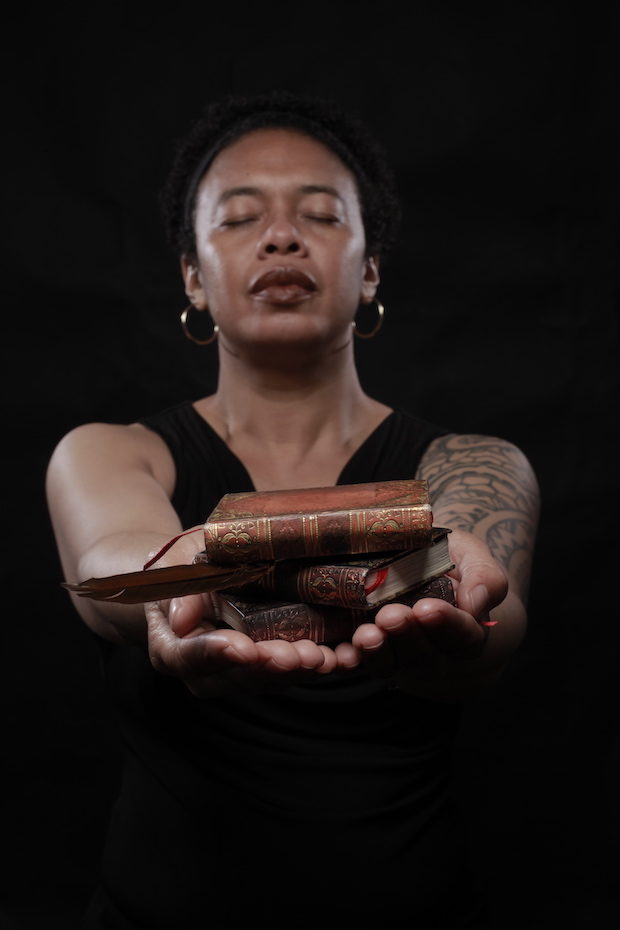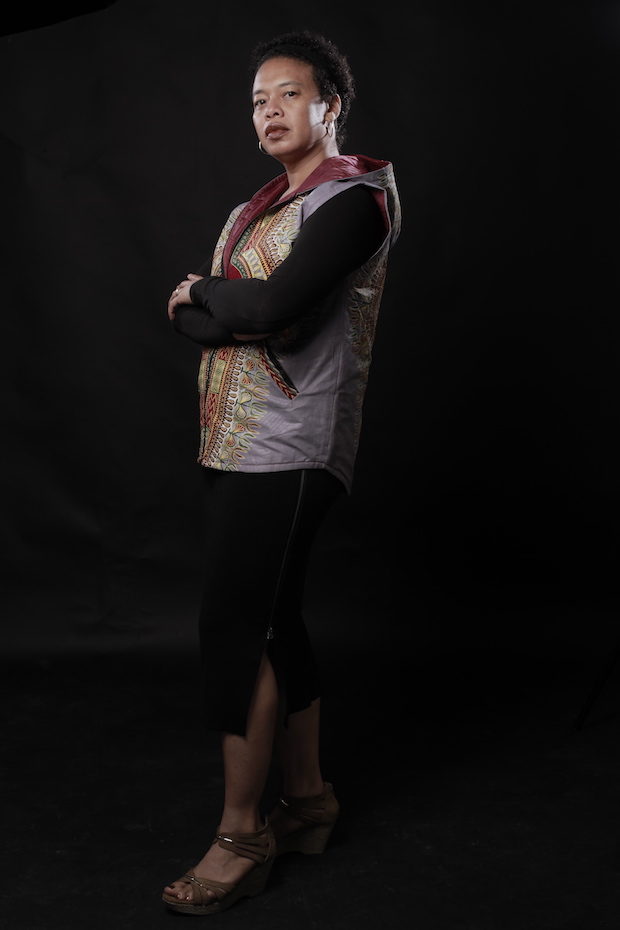BE THE MOTHER TO YOUR OWN BOOKS: Why I Self-Publish—How Broken Shackle Publishing Began
Almost 15 years ago, I began looking for publishers for my first book, Crushing Soft Rubies—A Memoir. I sent out about 100 query letters. For months, I received nothing but polite rejection letters or no response at all. About two or three publishers requested chapters to review, but ultimately chose not to publish the book. In general, they all said there was no audience for my work.
I knew my audience was out there, though. While writing my memoir, I had in mind the half-million children in U.S. who lived without their parents at the time I lost my mom and dad. I was thinking of all the biracial/multiracial people I knew, and the millions I had yet to meet, who might feel just as alone as I did. Either publishers didn’t know how to market to us or just didn’t believe we were worth the trouble.
Though I was angry I wasted so much time sending out these queries, I wasn’t going to let the rejection letters stop me. I believed in my story. I wanted this book to create a space for others to decolonize themselves and break free of any social norms causing them to feel shame, fear, or self-loathing. I wanted them to experience their own liberation, and share their stories with the world. I wanted my readers to feel less alone.

So, I picked up The Complete Guide to Self Publishing by Tom and Marilyn Ross and learned how get an ISBN and Library of Congress number and figure out some other tips on how to publish and promote my book. I also sent a copy of the manuscript to (Uncle) Fred Cordova, author of Filipinos: Forgotten Asian Americans and co-founder of the Filipino American National Historical Society (FANHS). I had the honor of meeting him and (Auntie) Dorothy Cordova in 2000 at the First Annual Asian/Pacific Islander American Writers Summit in Seattle. While on a tour of the FANHS archive, Uncle Fred pointed out a picture on the wall of a Buffalo soldier married to a Filipina and their two children. He explained how the soldier didn’t speak much Tagalog and she didn’t speak much English, so they communicated in Spanish. I saw myself in the layers and intersections of their story, and I cried. I had no idea that a little over a century prior, there were interracial marriages that resembled my parents’ and their children looked just like me.
Hearing Uncle Fred share this story made me think he might have some suggestions that would help me publish my book. He connected me with Vangie Buell, president of the FANHS East Bay chapter at the time, who told me about the artist grants Berkeley offered. She recommended that I find out if Oakland offered similar grants to its residents.
Sure enough, Oakland did have a Cultural Funding Program, and I applied for Individual Artist grant within that program.
They awarded the top 23 applicants with a $5000 grant. Guess who was #23? It didn’t matter that I barely made the cut because I finally had the funds that allowed me to print the first 2,500 copies of my book and officially establish Broken Shackle Publishing, International.
Though self-publishing is hard work, it’s been worth it. Not only does it allow me to maximize my profit, I also retain the freedom to make final decisions on the editing and cover design of anything I create.

Since 2004, I have published two books through Broken Shackle Publishing: Crushing Soft Rubies—A Memoir and Midnight Peaches, Two O’clock Patience—A Collections of Poems, Essays and Short Stories on Womanhood and the Spirit. I may not be a world-renowned, best-selling author, but I do have an audience. Thanks to readings, presentations, radio/podcast interviews, independent bookstores, and word of mouth, I have built an enormously supportive fan base across the country. My books have been used as course textbooks in colleges and universities. People share my work with colleagues, friends, students, family, acquaintances, and strangers.
Though not having a major publisher to assist with widespread circulation and distribution is a drawback, I have learned how I literally owe any success I enjoy to my readers. It is a humble reminder that as both author and publisher, I rely heavily on 1) fans to spread the word about my work, and 2) the honest, genuine relationships I’ve built over the years.

Now, thirteen years since Broken Shackle Publishing first began, I am pleased to announce the release of my third book, To Black Parents Visiting Earth: A Guide to Raising Black Children in the 21st Century. So what is this book about? Well, picture this:
What if Black people visited Earth from other planets, other galaxies? What kind of advice would I give them to safely navigate this world in today’s political climate? In a series of letters on topics ranging from books, hair, and dolls to terror, the Trump administration, multiracial identity, and self-care, To Black Parents Visiting Earth is an epistolary guide to our troubled times. As I mention in the first letter, “…my heart is with other Black parents: those who look at their child’s skin—from dark black to olive—and see their own. It’s for those parents who feel Africa shining through their child’s waves and naps and see that this is the same Africa that shines through their own hair. These letters are for those of us who have old wounds that get reopened every time our child is teased about her/his hair, every time our child is hit, kicked, or pushed by a white child, or every time our child gets harassed, beaten, or killed by the police…So, in my next few letters I will share with you what I’ve learned about instilling love and security into my own child. May your children find the resilience, confidence, and pride to silence the nightmares I pray they never have.”

The initial chapters have been published as essays at Broken Shackle Publishing’s blog and here at Mutha Magazine.
To Black Parents Visiting Earth: A Guide to Raising Black Children in the 21st Century will include six new, unreleased chapters—and will come out this December 2017.
In the next few weeks, I hope to raise $10,000 through Crowdrise, but I need your help. Using a crowdfunding campaign this time around gives me the opportunity to directly thank all of you for your support.
Your generous donations will allow me to successfully publish and promote the paperback and audiobook versions of To Black Parents Visiting Earth.
With a donation of $25, you will get a paperback copy of the book and a quarterly newsletter as a token of gratitude from Broken Shackle Publishing.
To get your copy and find out how you can receive Silver, Gold, or Platinum Time Bender Recognition in my book, click here.
Thank you to all past, present, and future supporters of Broken Shackle Publishing, International. May we continue to break free of all the shackles and chains that hold us back!






